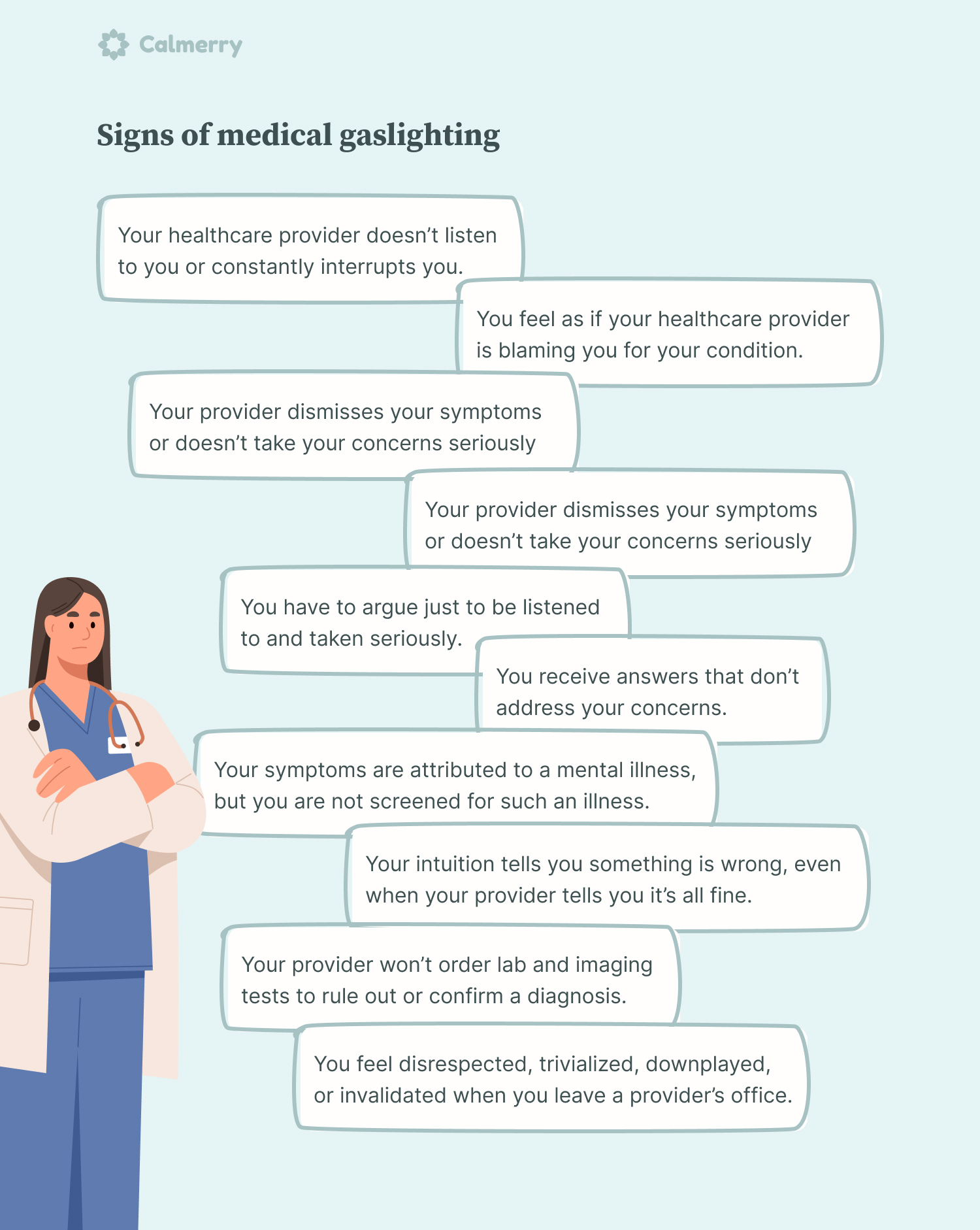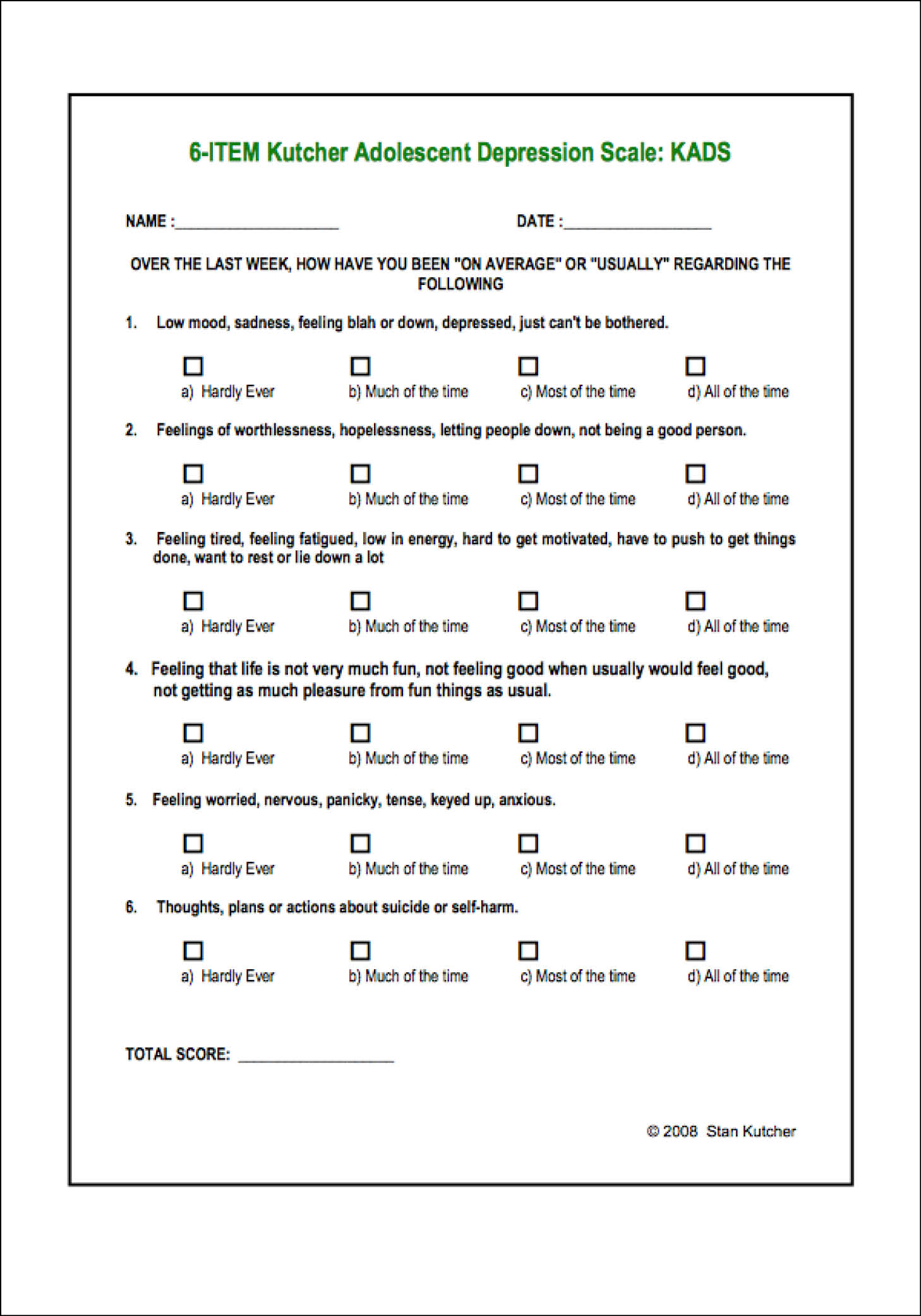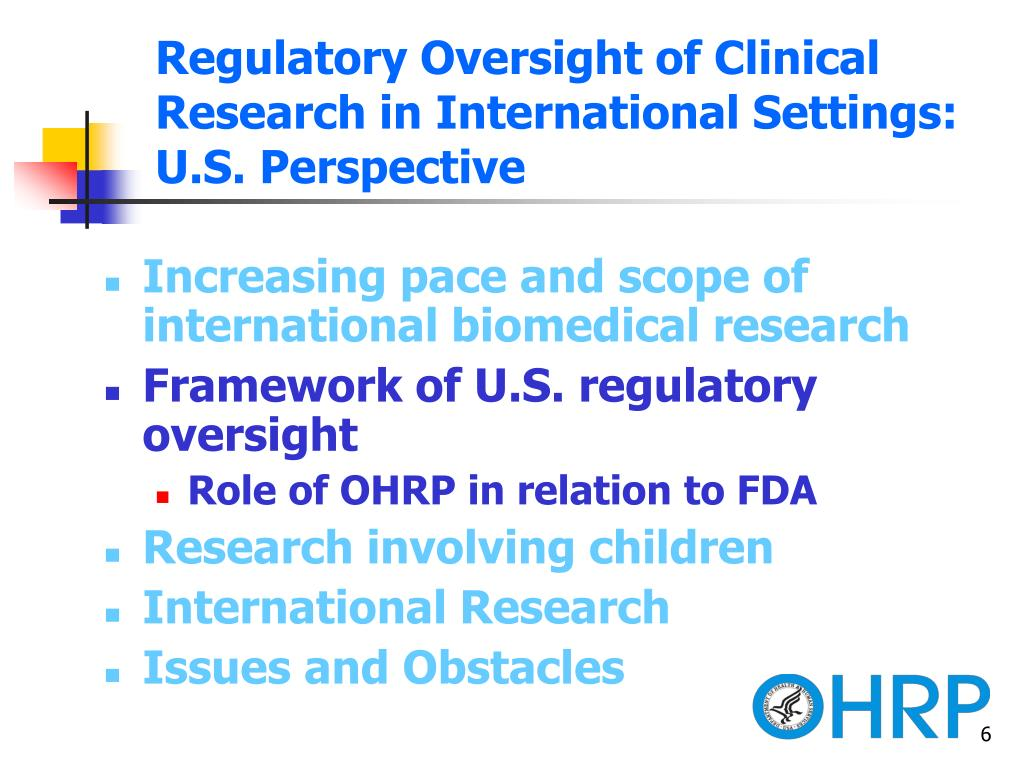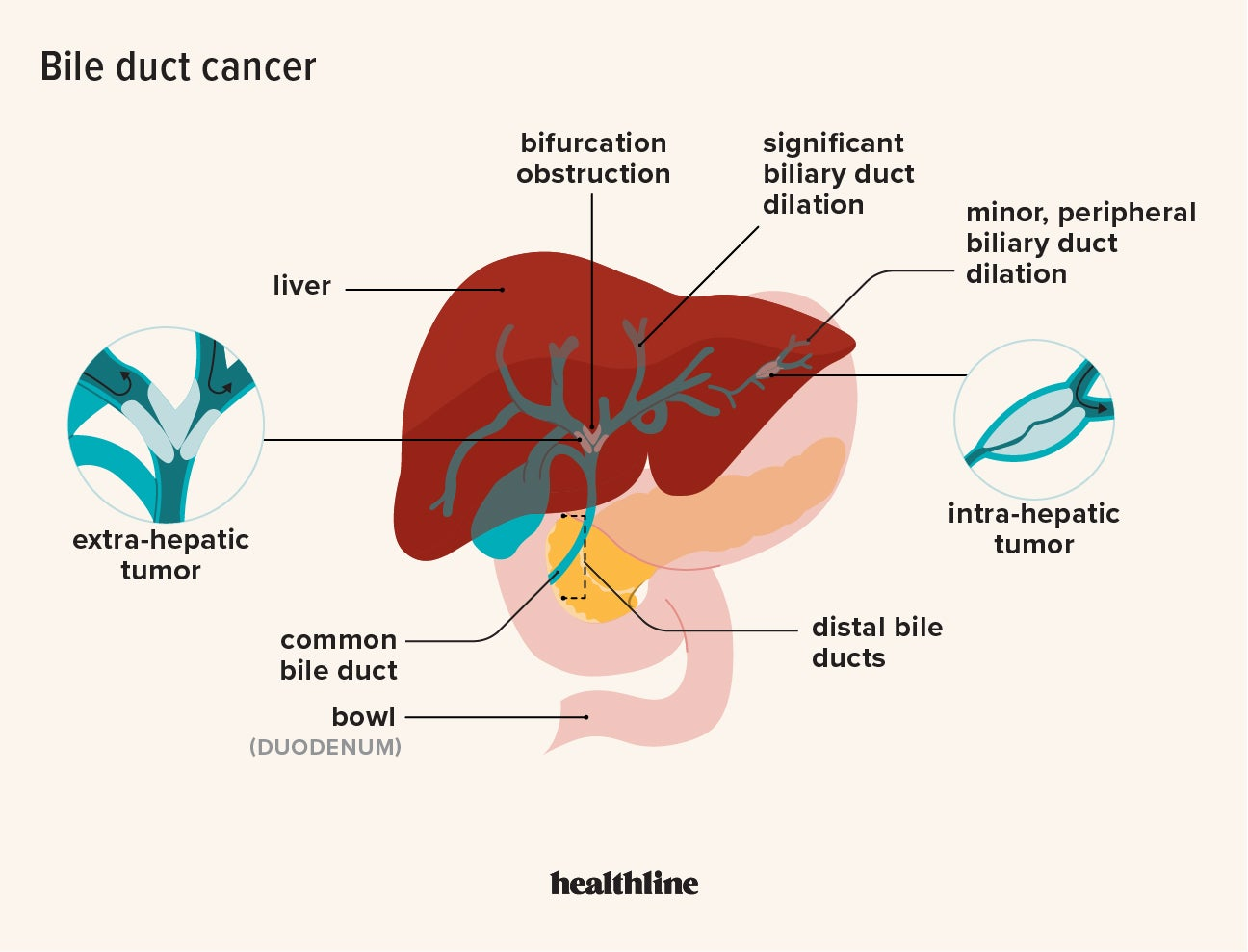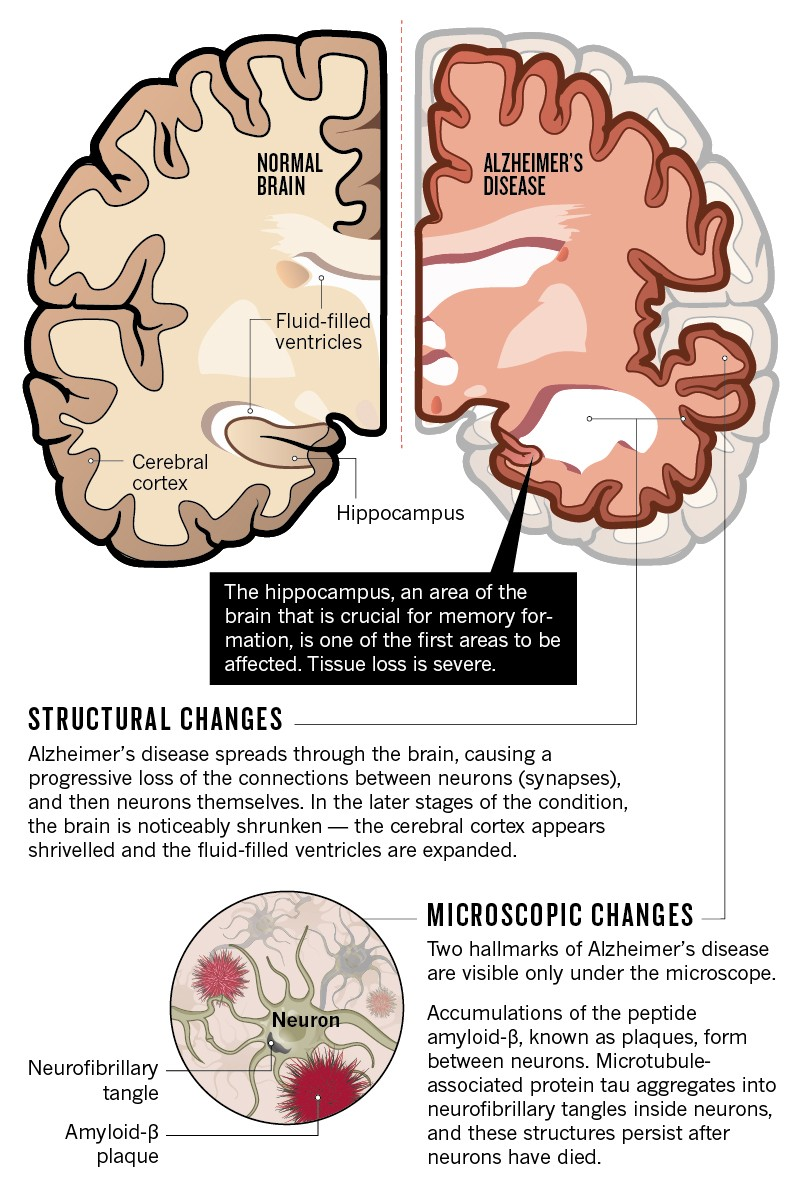Medical gaslighting is an alarming phenomenon where patients feel their concerns are dismissed or minimized by healthcare professionals, often leading to feelings of frustration and vulnerability. This unsettling experience can occur particularly when dealing with elusive health conditions like long COVID or irritable bowel syndrome, where medical tests may not provide clear answers. Psychologist Alexandra Fuss sheds light on the complexities surrounding this issue, highlighting how a lack of intentional malice doesn’t negate the harmful effects of medical invalidation. For patients, these incidents can erode trust in doctor-patient relationships and contribute to significant healthcare pressures. Understanding medical gaslighting is crucial for addressing these dynamics and fostering more compassionate interactions in the medical field.
The term often referred to as medical gaslighting encompasses a broader issue known as medical invalidation, where individuals genuinely suffering from health issues are met with skepticism by their providers. This interaction reflects not only the challenges patients face in articulating their conditions but also the time constraints and pressures that doctors encounter, leading to misunderstandings. The delicate doctor-patient relationships play a pivotal role in ensuring that patients feel heard and validated in their experiences. Underlying these dynamics are the societal and institutional stressors that can amplify the feeling of being dismissed, something healthcare professionals must be aware of. Recognizing this problem from various angles can pave the way for better care and understanding within medical practice.
Understanding Medical Gaslighting
Medical gaslighting refers to the experience of patients who feel their symptoms and conditions are dismissed or invalidated by healthcare professionals. This phenomenon can be particularly disheartening for those suffering from hard-to-diagnose ailments such as fibromyalgia or chronic fatigue syndrome, where medical tests may return inconclusive results. When doctors imply or explicitly state that the condition may not be real or situated in the patient’s mind, it leads to a deep sense of frustration and a consequent deterioration in the doctor-patient relationship.
Psychologist Alexandra Fuss emphasizes that the term ‘gaslighting’ may not always accurately capture the essence of these interactions. Instead, it might be more appropriate to discuss this behavior as ‘medical invalidation.’ The distinction lies in the lack of intent to deceive from the providers, who often work under tremendous pressure and may simply lack the time or resources to adequately address complex patient needs. By focusing on the lack of intent, we can foster more compassionate approaches to improving these fraught relationships.
The Role of Healthcare Pressures in Patient Experiences
Healthcare professionals today are faced with mounting pressures to see more patients in less time, leading to frantic consultations that may neglect individual patient needs. This environment can easily lead to situations where patients feel brushed off or unheard, particularly if they are presenting symptoms that require more thorough discussion and exploration. Alex Fuss notes that the administrative demands placed on physicians take away from their ability to connect with patients, ask crucial questions, and demonstrate empathy, ultimately contributing to feelings of invalidation among patients.
Moreover, as doctors grapple with extraordinary caseloads, their capacity for compassion can become eroded. A critical part of effective communication in healthcare involves not just diagnosing but also validating a patient’s concerns and experiences. When doctors are rushed or burdened by administrative work, there’s a danger that the important conversations needed to build trust may not occur. This gap in communication often leads to patients doubting their own experiences, which can aggravate the cycle of medical gaslighting.
Improving Doctor-Patient Relationships
Restoring the quality of doctor-patient relationships is paramount for ensuring patients feel validated and supported in their healthcare journeys. Improving communication strategies can significantly mitigate feelings associated with medical gaslighting. Instead of merely checking off boxes during patient visits, healthcare providers should be encouraged to take the time to ask open-ended questions that invite patients to share their experiences. This approach not only enhances diagnostic accuracy but also restores trust, fostering a more empathetic and supportive healthcare environment.
Establishing systemic changes within healthcare organizations could contribute to alleviating pressures on healthcare providers. This includes reducing paperwork burdens or adopting team-based approaches to care where administrative tasks are shared among staff, allowing clinicians to focus more on their core responsibilities—caring for patients. By prioritizing compassionate care and improving systems, healthcare leaders can help counteract trends that lead to medical invalidation, ultimately enhancing patient satisfaction and health outcomes.
Recognizing Medical Invalidation
Medical invalidation occurs when a patient feels that their symptoms or concerns are not taken seriously by healthcare professionals. This form of psychological distress can lead to significant repercussions, affecting both mental and physical health. Patients may feel isolated and unsupported, ultimately leading to a decrease in their willingness to seek help. It’s essential for healthcare providers to acknowledge the lived experiences of their patients to avoid this detrimental cycle of invalidation.
Alexandra Fuss suggests that when medical professionals reflect on their own practices, they can identify moments of unintentional invalidation and work to repair these miscommunications. By openly discussing instances where patients may feel dismissed or misunderstood, doctors can cultivate an environment where patients feel empowered to share their experiences. Taking this proactive stance can not only enhance the patient experience but also contribute to better health outcomes and stronger therapeutic alliances.
Social Media’s Impact on Medical Perceptions
The rise of social media has dramatically transformed the landscape of patient experiences and perceptions regarding medical gaslighting. Platforms such as Twitter and Instagram have allowed individuals to share their personal stories, creating a collective narrative that sheds light on the prevalence of medical invalidation. This digital dialogue has empowered many patients to voice their frustrations openly, leading to increased awareness within the healthcare community about the significance of validating patients’ experiences.
However, these discussions on social media can also complicate the doctor-patient relationship. While platforms offer a space for healing and sharing, they can simultaneously foster mistrust towards healthcare professionals. Patients might feel more entitled to question their doctors’ decisions based on anecdotal experiences shared online, which may lead to further strain in these relationships. To mitigate these effects, it is vital for healthcare providers to engage with these discussions constructively, recognizing patient concerns while fostering a collaborative approach to healthcare.
Addressing the Stigma Around Chronic Health Conditions
Chronic health conditions, particularly those that are difficult to diagnose or treat, often carry a stigma that can exacerbate feelings of medical gaslighting among patients. When individuals present with symptoms that lack clear medical explanations, they may be unjustly labeled as anxious or malingering. This stigma not only undermines the patient’s self-efficacy but also perpetuates a cycle whereby patients feel compelled to defend their symptoms to skeptical healthcare providers.
It is imperative for the medical community to adopt a more empathetic and open-minded approach towards chronic conditions. Acknowledging the complexity of such disorders, and validating the experiences of those suffering from them, can play a significant role in reducing stigma. By creating an inclusive environment where patients feel heard and respected, healthcare providers can actively combat the psychological impacts of medical invalidation and ultimately enhance the quality of care.
Strategies for Enhanced Patient Communication
Effective communication is the cornerstone of quality healthcare. Implementing structured communication strategies can play a transformative role in how symptoms and conditions are discussed between patients and providers. By incorporating techniques such as reflective listening, where doctors summarize what the patient has shared to confirm understanding, healthcare providers can create more meaningful interactions that validate patient experiences.
Additionally, training healthcare professionals in emotional intelligence can equip them with the skills needed to empathize with patients’ struggles. Developing competencies in recognizing emotional cues and responding with compassion can significantly enhance the quality of discussions surrounding difficult-to-diagnose conditions. This approach can mitigate the tendencies toward medical gaslighting and promote an environment of healing and trust.
The Importance of Self-Advocacy for Patients
For patients experiencing symptoms of medical gaslighting, fostering a sense of self-advocacy can be incredibly empowering. Encouraging patients to articulate their symptoms and concerns clearly provides them with a sense of agency in an otherwise overwhelming experience. By understanding their rights in the healthcare environment, patients can better navigate interactions with providers and assert the importance of their experiences.
Furthermore, patients should be encouraged to document their symptoms and any questions they might have before medical appointments. Being prepared not only helps facilitate more productive conversations but also allows patients to feel more in control of their healthcare journey. Emphasizing the role of advocacy can shift the power dynamics in doctor-patient relationships, paving the way for more validated and compassionate interactions.
Final Thoughts on Improving Patient Experience
Improving patient experiences in healthcare requires a multi-faceted approach that involves both systemic reforms and individual practitioner changes. It is crucial to foster a culture of empathy and understanding within the healthcare system while also empowering patients to advocate for themselves. Initiatives aimed at reducing the administrative burden placed on physicians, alongside training in communication strategies, can alleviate some of the pressures that contribute to medical invalidation.
Healthcare organizations must recognize the vital role that compassion and patient validation play in effective treatment. By embracing changes that prioritize these values, the medical community can begin to rebuild the trust that has been eroded by years of misunderstanding and miscommunication. Ultimately, when patients feel heard and valued, both their physical and psychological health can significantly improve.
Frequently Asked Questions
What is medical gaslighting and how does it affect patients?
Medical gaslighting refers to instances where healthcare providers dismiss or undermine a patient’s concerns and symptoms, leading them to feel invalidated. This can be particularly harmful for patients with conditions that are difficult to diagnose, such as long COVID or irritable bowel syndrome, as it can contribute to feelings of confusion and frustration about their health.
How does psychologist Alexandra Fuss view medical gaslighting in doctor-patient relationships?
Psychologist Alexandra Fuss emphasizes that while medical gaslighting is often discussed on social media, many cases stem from high-pressure healthcare environments rather than intentional deceit. She suggests that the term ‘medical invalidation’ might be more appropriate, highlighting the need for compassion towards healthcare providers who are under immense stress.
What role does healthcare pressure play in medical gaslighting?
Healthcare pressures, including the need for physicians to see a high volume of patients in a limited timeframe, can lead to instances of medical gaslighting. When doctors are rushed, they may inadvertently dismiss patient concerns, contributing to feelings of medical invalidation and neglect.
What are the implications of using the term ‘medical invalidation’ instead of ‘gaslighting’?
Using ‘medical invalidation’ acknowledges the lack of intent to harm in many situations of dismissive behavior by healthcare providers. This shift in terminology allows for more constructive conversations around improving doctor-patient relationships and addressing systemic issues in healthcare.
How can patients tackle feelings of medical gaslighting in their healthcare experiences?
Patients experiencing feelings of medical gaslighting should seek open communication with their healthcare providers. They can advocate for themselves by asking questions, expressing their concerns clearly, and seeking second opinions if they feel their symptoms are not being validated.
What can be done to reduce instances of medical gaslighting in healthcare?
To reduce medical gaslighting, healthcare systems need to prioritize changes that alleviate pressures on providers, such as reducing excessive documentation and allowing adequate time for patient consultations. Encouraging a culture of empathy and understanding can also enhance doctor-patient relationships.
Is medical gaslighting a new phenomenon in healthcare?
While discussion around medical gaslighting has increased due to social media, the phenomenon itself is not new. It reflects longstanding issues in doctor-patient relationships, particularly regarding how symptoms are interpreted and validated, especially in challenging conditions.
How should healthcare professionals respond to accusations of medical gaslighting?
Healthcare professionals should approach accusations of medical gaslighting with openness and a willingness to understand patient experiences. Engaging in honest dialogue and acknowledging the pressures they face can help rebuild trust and improve communication.
What are the signs that a patient may be experiencing medical gaslighting?
Signs of medical gaslighting may include feeling ignored or dismissed by healthcare providers, being told that symptoms are ‘all in your head,’ and having to repeatedly advocate for yourself or justify your health concerns without receiving adequate validation or support.
What steps can healthcare organizations take to address medical gaslighting?
Healthcare organizations can address medical gaslighting by implementing training programs focused on empathy, communication skills, and recognizing valid patient experiences. Additionally, policies should be adapted to reduce provider burnout and create a supportive environment for both patients and healthcare staff.
| Key Point | Details |
|---|---|
| Definition of Medical Gaslighting | Patients feel dismissed when doctors can’t find causes for hard-to-detect conditions, leading to the term ‘medical gaslighting.’ |
| Role of Intent | Many experts believe intent is crucial for true gaslighting and that often doctors do not intend to harm, indicating a phenomenon called ‘medical invalidation.’ |
| Contribution of Caseload Pressure | High patient loads and documentation pressures lead to limited time for doctor-patient conversations, increasing chances for miscommunication and feelings of invalidation. |
| Impact of Social Media | Social media has amplified discussions around medical gaslighting, making it a significant contemporary issue in healthcare narratives. |
| Need for Compassionate Communication | Encouraging honest dialogue about uncertainties can foster trust and help address patients’ needs more effectively. |
Summary
Medical gaslighting is a growing concern in healthcare that occurs when patients feel dismissed by their providers. This phenomenon, often stemming from pressures on healthcare professionals, highlights the need for compassionate communication and understanding in clinical settings. Addressing the issues of intent and validating patients’ experiences is crucial in combating medical gaslighting and fostering a healthier doctor-patient relationship.
